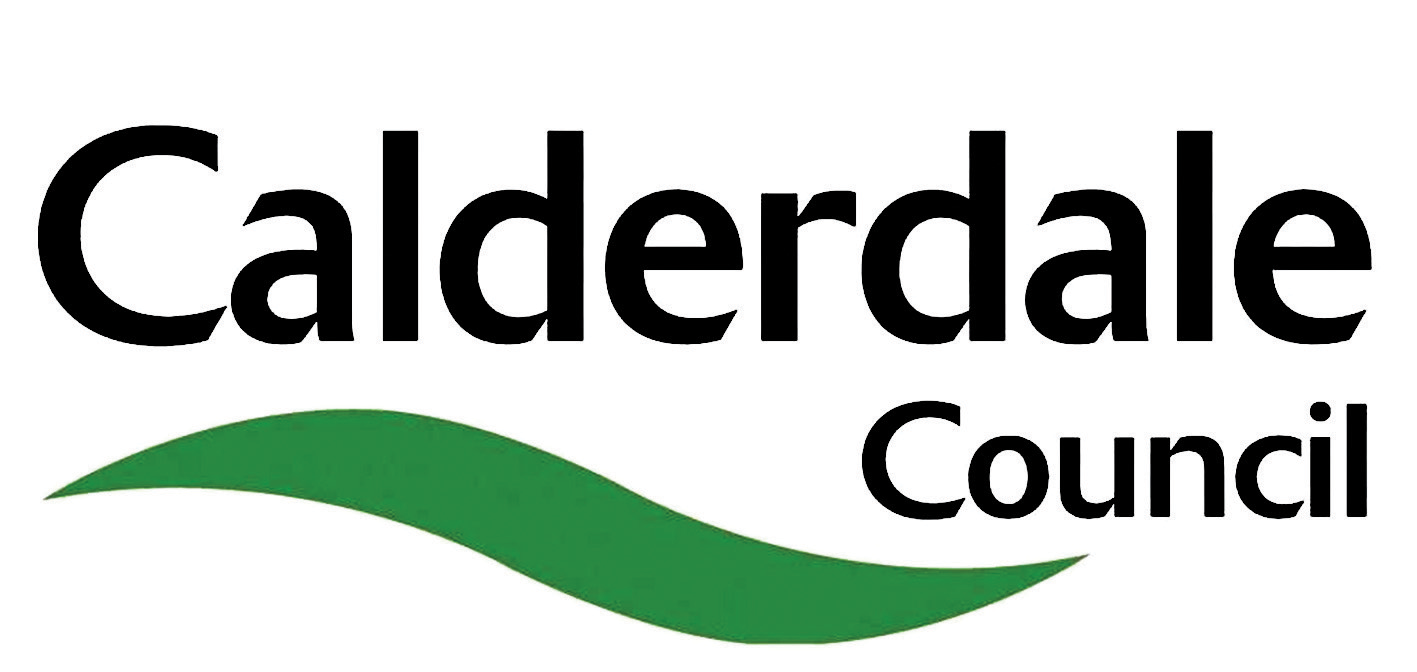Asthma has many causes and is a common long-term condition that can be well controlled in most children. The severity of asthma symptoms varies between children, from very mild to more severe. Asthma is more than just wheezing. Other symptoms can be coughing, difficulty breathing and a tight, sore feeling in the chest. Asthma is difficult to diagnose in children under the age of two years as nearly one third of children will wheeze at some point.
The two most common triggers of asthma in children are colds and allergies. In older children allergies become particularly important, so avoiding the triggers to which your child is allergic may help improve their asthma. Don’t get any pets if your child has asthma and make sure no-one in the house smokes.
A sudden, severe onset of symptoms is known as an asthma attack, it can be life threatening and may require immediate hospital treatment. Make sure you know how to use your child’s inhaler properly and attend the yearly review with your GP.
Asthma often runs in families and parents should avoid smoking indoors or near to their children.
Your GP will normally be able to diagnose asthma by asking about your child’s symptoms, examining their chest and listening to their breathing. A peak flow test may be useful if your child is old enough. Parents should regularly attend their practice’s Asthma Clinic to get support on better management of their child’s asthma at home, as this will save unnecessary trips to hospital. Ask your GP or practice nurse to give you an asthma action plan for your child.
All children over six months with asthma who require continuous or repeated use of a steroid preventer inhaler or oral steroid tablets should have the seasonal flu vaccine.
The most important part of managing asthma is for you and your child to know about asthma and what triggers an attack. Make sure your child’s asthma action plan is kept up to date. Share this with your child's nursery, childminder or pre-school.
Our practice Asthma Clinics offer advice and treatment. Ask about whether your child needs the flu vaccine.
Symptoms of severe asthma
Symptoms include repeated coughing and wheezing, shortness of breath and bringing up phlegm. Symptoms often get worse at night.
Call 999 to seek immediate medical assistance if your child has severe symptoms of asthma.



